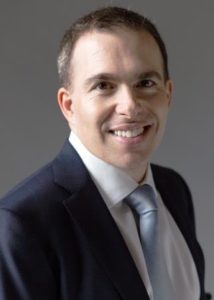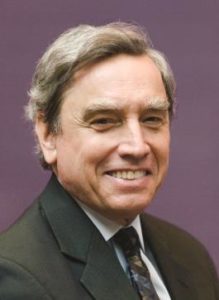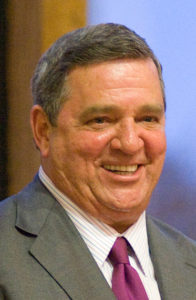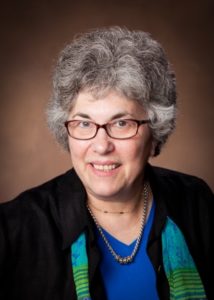Newly elected Board of Trustees leadership team to advance Clark University’s mission

The Board of Trustees of Clark University recently announced its new leadership team that includes Steven Swain, Richard M. Freeland and Robert J. Stevenish. The team will focus on advancing a long-term ambitious strategy to amplify the University’s mission and elevate its profile on the national stage. By tapping into the business and higher education expertise of its members, the board leadership team will center its efforts on enhancing Clark’s reputation as a global leader in liberal education and a destination of choice for academically talented and engaged students.
“Clark is a tremendous institution, and our board intends to build upon the school’s recent gains in admissions and rankings, as well as its nationally recognized work in community development and advances in liberal education, to attract highly qualified students who seek to challenge the status quo,” said Board Chair Swain. “I look forward to working with my fellow trustees, our tenacious president, David Angel, and distinguished faculty to build upon the success our university has achieved in the past few years.” The board will increase its focus on areas that reflect the goals and imperatives for Clark University, including increased visibility, resource development, and improved educational and career outcomes for graduates.

Swain, a 1989 graduate of Clark, who joined the University’s Board of Trustees in 2009, is a co-founder and managing partner of the growth equity investment firm Centana Growth Partners. He is joined by Vice Chair Freeland, the recently retired Commissioner of Higher Education for Massachusetts and President Emeritus at Northeastern University; Vice Chair Stevenish, the retired president and chief operating officer of Modell’s Sporting Goods; and board Secretary Linda R. Savitsky, owner of LRS Consulting, Inc., and the former executive director of the National Association of State Retirement Administrators.
Freeland is known for a brand of visionary thinking and strategic planning that spurred robust growth at Northeastern, both in student numbers and prestige. He is also a national educational leader who will help ensure the success of Liberal Education and Effective Practice (LEEP), Clark’s pioneering model of higher education that fuses a rigorous liberal education with world and workplace experiences to prepare students for successful careers and purposeful lives.

Stevenish has decades of experience in senior management, board leadership and consulting positions, and will apply his past success in finance and business operations to ensure Clark is a high-performing organization that is well-governed, efficient, and effective.

Savitsky, a 1970 Clark alumna, brings a deep background in nonprofit finance and accounting. She was the chief financial officer for three Connecticut municipalities and served many years as the director of municipal finance services for Connecticut.
President David Angel said he welcomes the ongoing productive collaboration with the Board of Trustees.
“I look forward to working with our board to continue to perpetuate the Clark mission and strengthen our position in a competitive higher education landscape,” President Angel said. “From our LEEP initiative to our community partnerships to our impressive research profile, Clark has staked its position as a leader in liberal education thanks to our talented faculty and students, committed staff, and trustees with the vision and resolve that contribute to the success of our institution. I am excited to build on that momentum.”
Founded in 1887 in Worcester, Massachusetts, Clark University is a liberal arts-based research university addressing social and human imperatives on a global scale. Nationally renowned as a college that changes lives, Clark is emerging as a transformative force in higher education today. LEEP (Liberal Education and Effective Practice) is Clark’s pioneering model of education that combines a robust liberal arts curriculum with life-changing world and workplace experiences. Clark’s faculty and students work across boundaries to develop solutions to complex challenges in the natural sciences, psychology, geography, management, urban education, Holocaust and genocide studies, environmental studies, and international development and social change. The Clark educational experience embodies the University’s motto: Challenge Convention. Change Our World.


